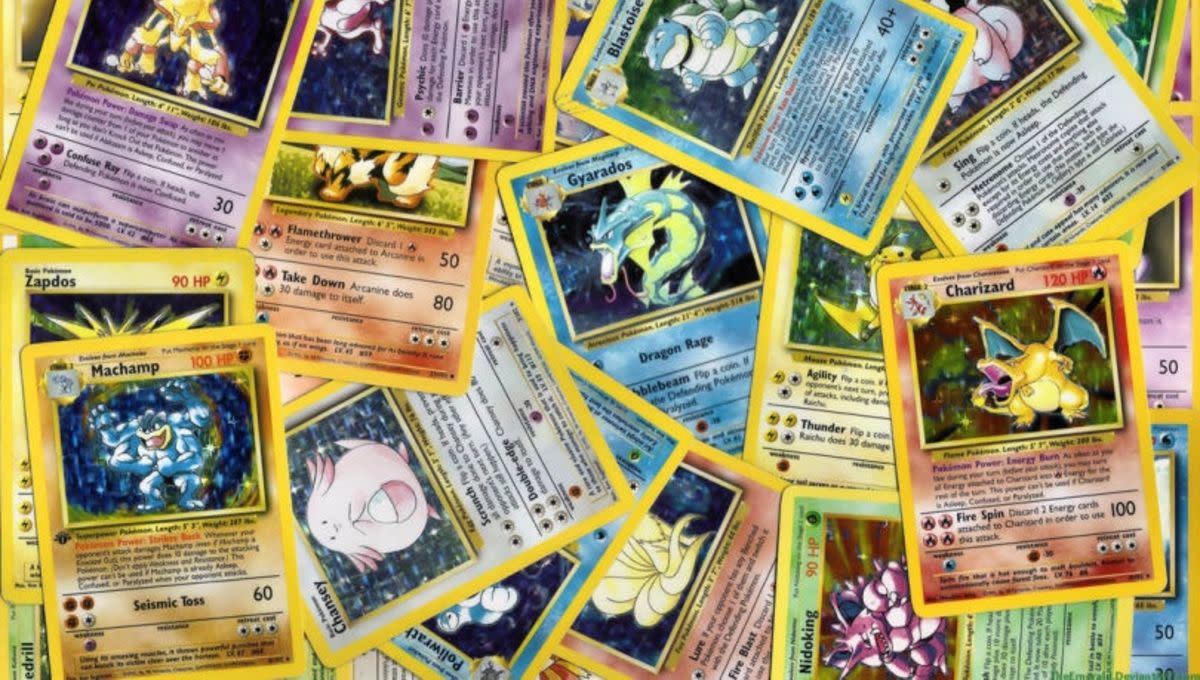
Investing in Pokémon cards has evolved from a childhood hobby into a serious market for collectors and investors alike Pokemon Cards. Understanding the market trends and values associated with these iconic cards requires a blend of nostalgia, strategy, and financial acumen.
Pokémon, initially launched in the 1990s, quickly became a global phenomenon with its video games, TV series, and trading card game (TCG). The cards, featuring beloved characters like Pikachu and Charizard, captured the imagination of fans worldwide. As a result, some of these cards have skyrocketed in value over the years, driven by their rarity, condition, and cultural significance.
Market trends for Pokémon cards are influenced by several factors. The rarity of certain cards, often indicated by their set number or special edition status, can significantly impact their value. For instance, first edition cards from early sets like the Base Set are highly sought after by collectors due to their historical significance and scarcity.
Condition is another critical factor in determining a card's value. Cards in mint condition, with no visible wear or damage, command higher prices at auctions and in collector circles. Professional grading services, such as PSA (Professional Sports Authenticator) and Beckett Grading Services, assess and assign grades to cards based on their condition, providing clarity and assurance to buyers and sellers.
Investing in Pokémon cards requires research and an understanding of market dynamics. Tracking sales data from auction houses, online marketplaces, and specialized forums can provide insights into pricing trends and demand fluctuations. Additionally, staying informed about upcoming releases, reprints, and events within the Pokémon community can help anticipate shifts in card values.
The cultural and nostalgic appeal of Pokémon continues to drive interest in the TCG market. Beyond financial investment, many collectors derive joy from owning pieces of their childhood or connecting with fellow enthusiasts. Engaging with local or online communities allows collectors to share knowledge, trade cards, and participate in events that celebrate Pokémon's enduring legacy.
In conclusion, investing in Pokémon cards involves more than monetary considerations; it's about understanding the cards' historical context, rarity, and condition. Whether you're a seasoned collector or a newcomer to the world of Pokémon, navigating the market requires a blend of passion and informed decision-making. By staying informed and engaging with the community, collectors can both enjoy their hobby and potentially benefit from the appreciation of their card investments over time.
